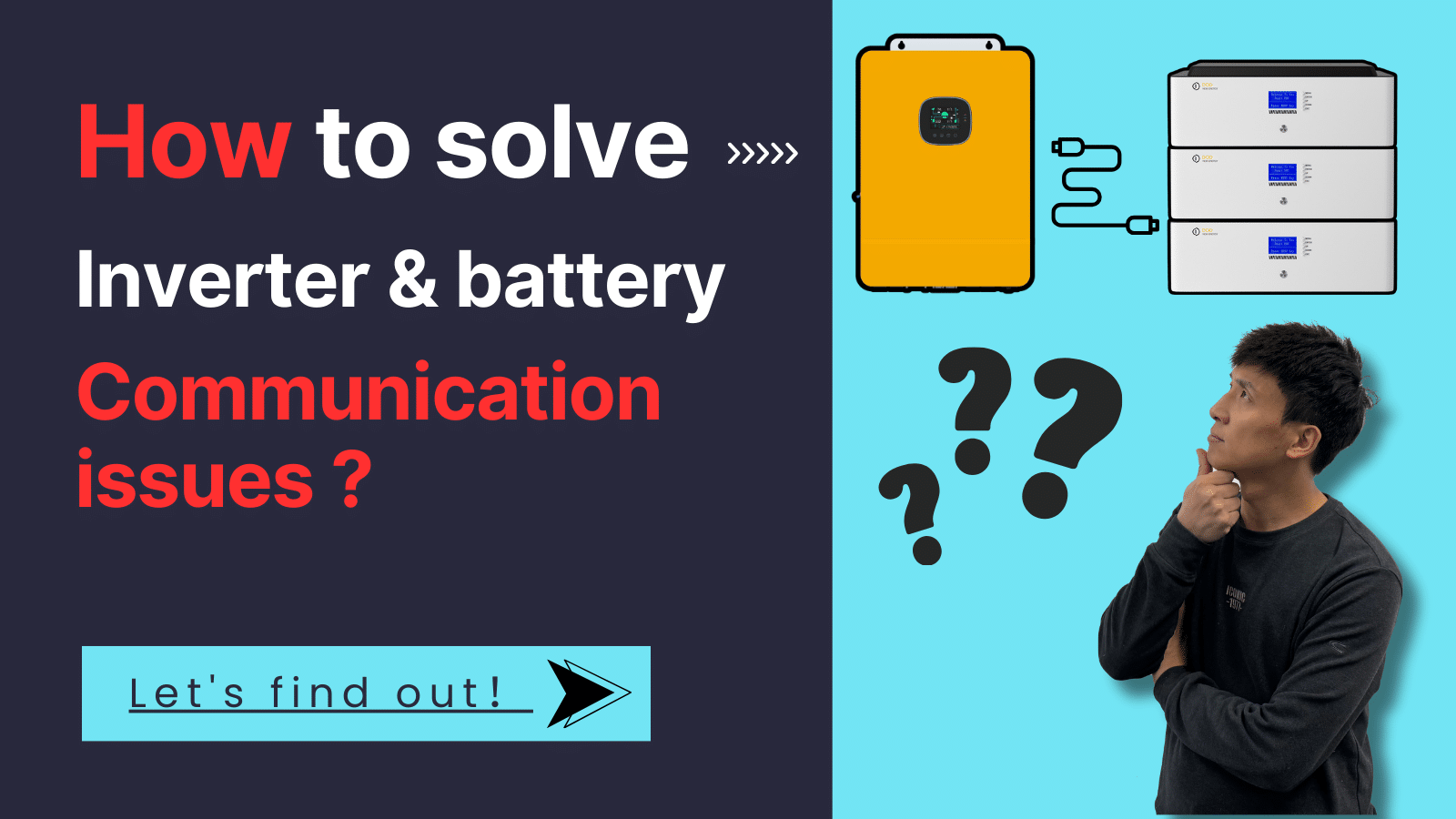
There are various types of lithium batteries on the market, each utilizing different BMS (Battery
Are you trying to figure out the differences between High-Frequency (HF) and Low Frequency (LF) Solar Inverters? Choosing the right one can be a bit confusing,especially if you’re in the business of reselling these products. This guide aims to simplify the differences between these two types of inverters, helping you make an
informed decision.
Sunflx HF and LF Solar inverters have the same essential function: converting the Direct Current (DC) from solar panels into Alternating Current (AC), the form of electricity used in most homes and businesses. They are both designed to efficiently
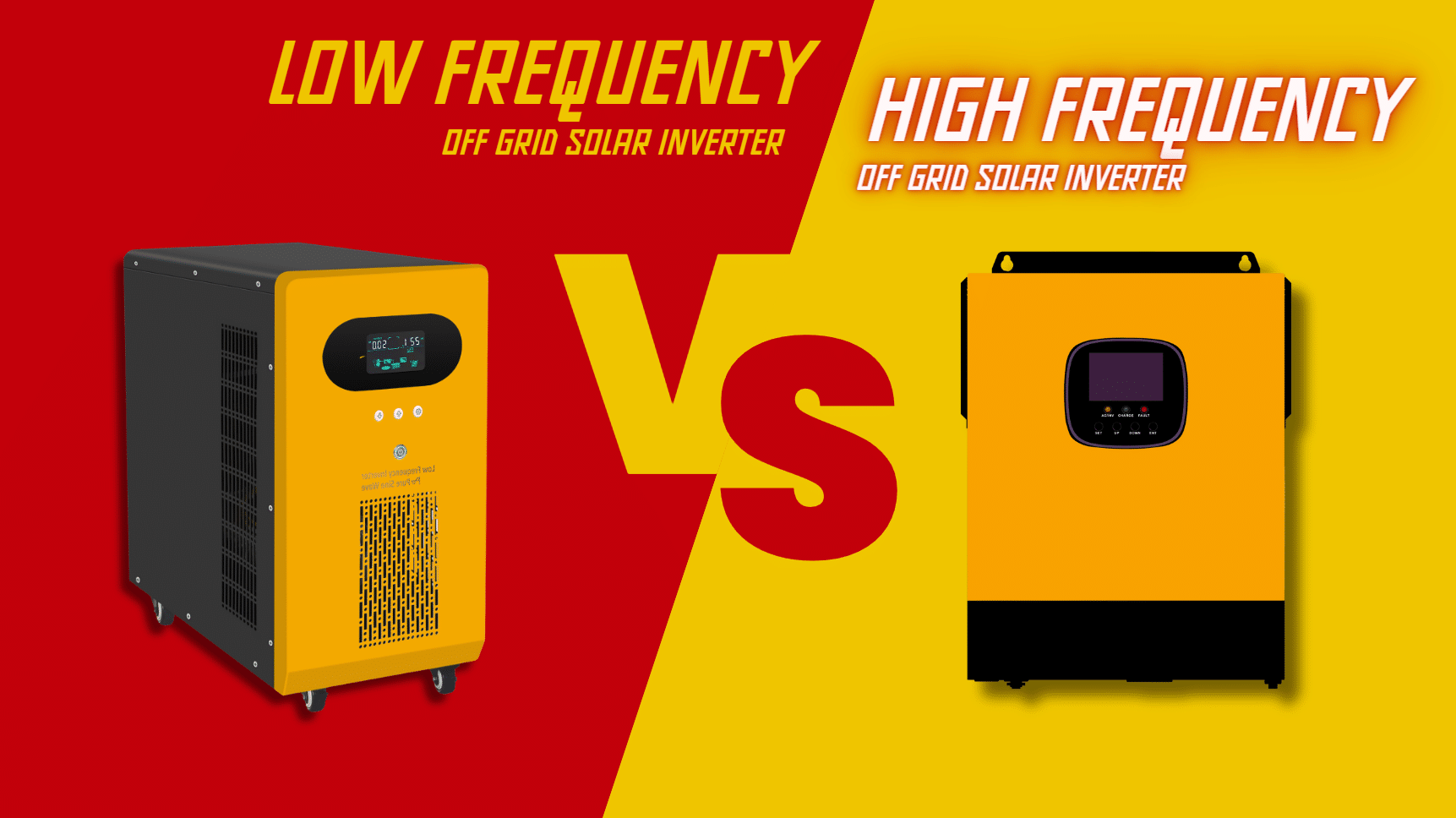
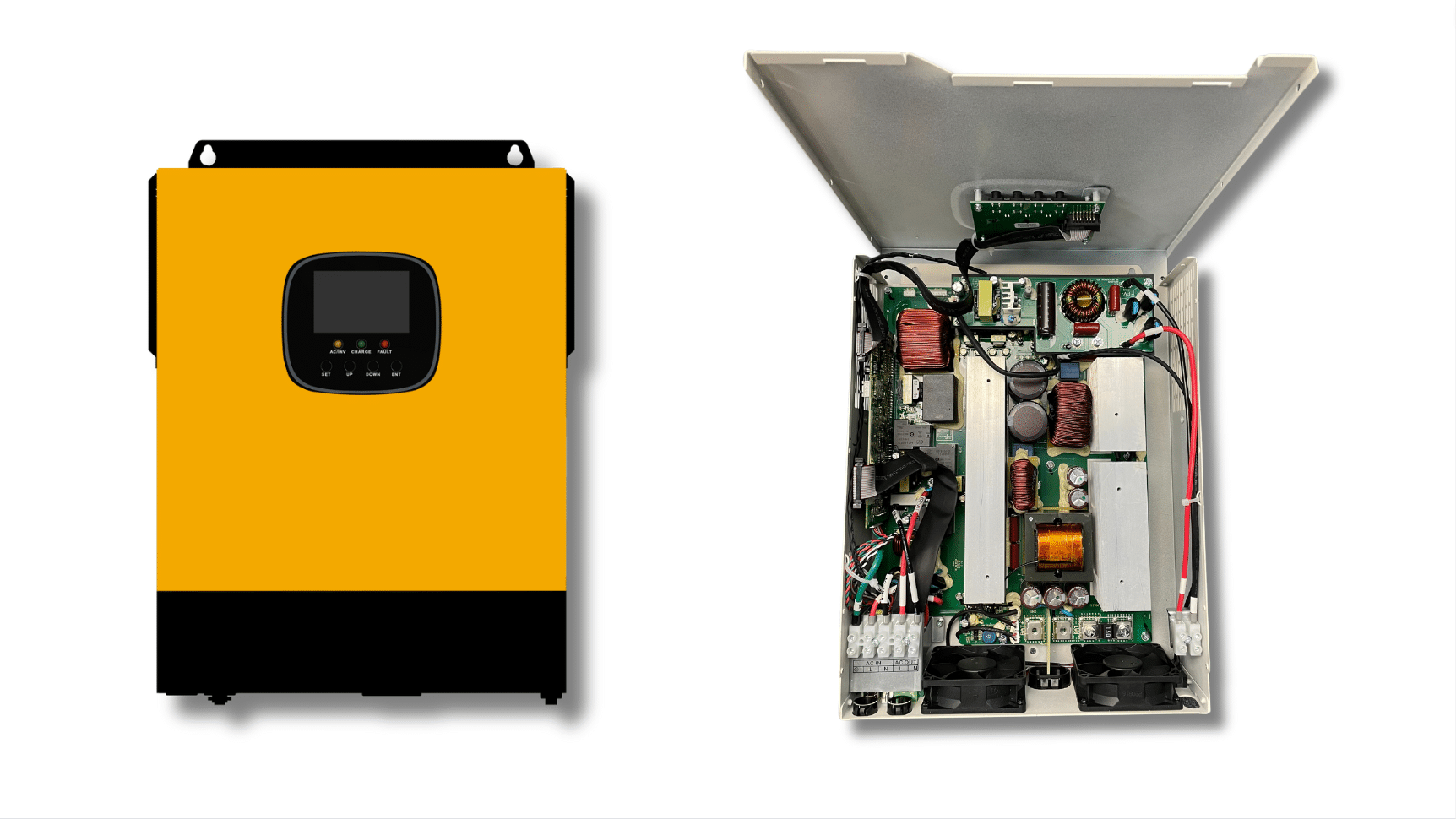
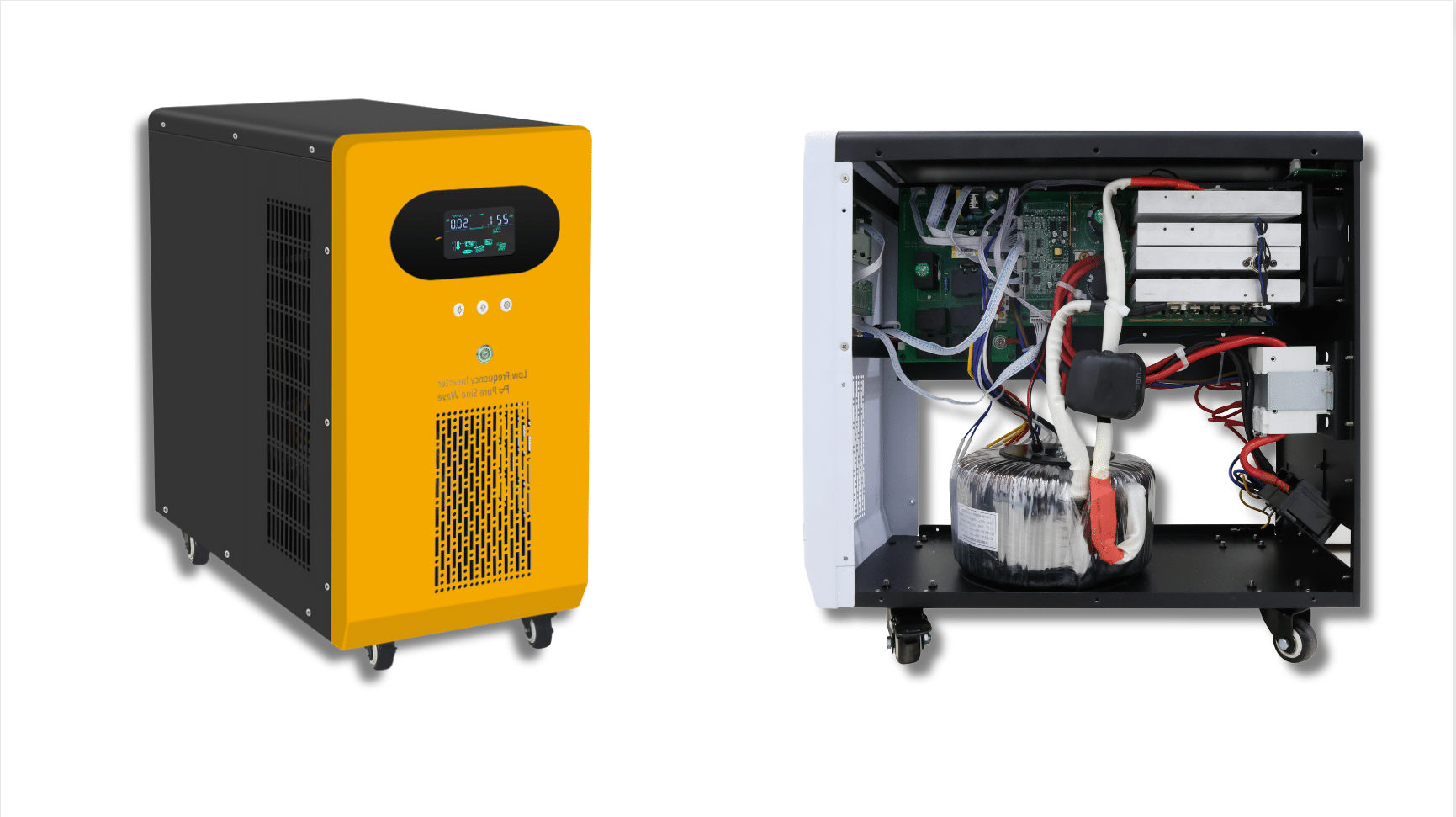
When selecting between HF and LF inverters, consider:

Hi I'm TOM ,the author of this post, and I have been in this field for more than 5 years.

There are various types of lithium batteries on the market, each utilizing different BMS (Battery
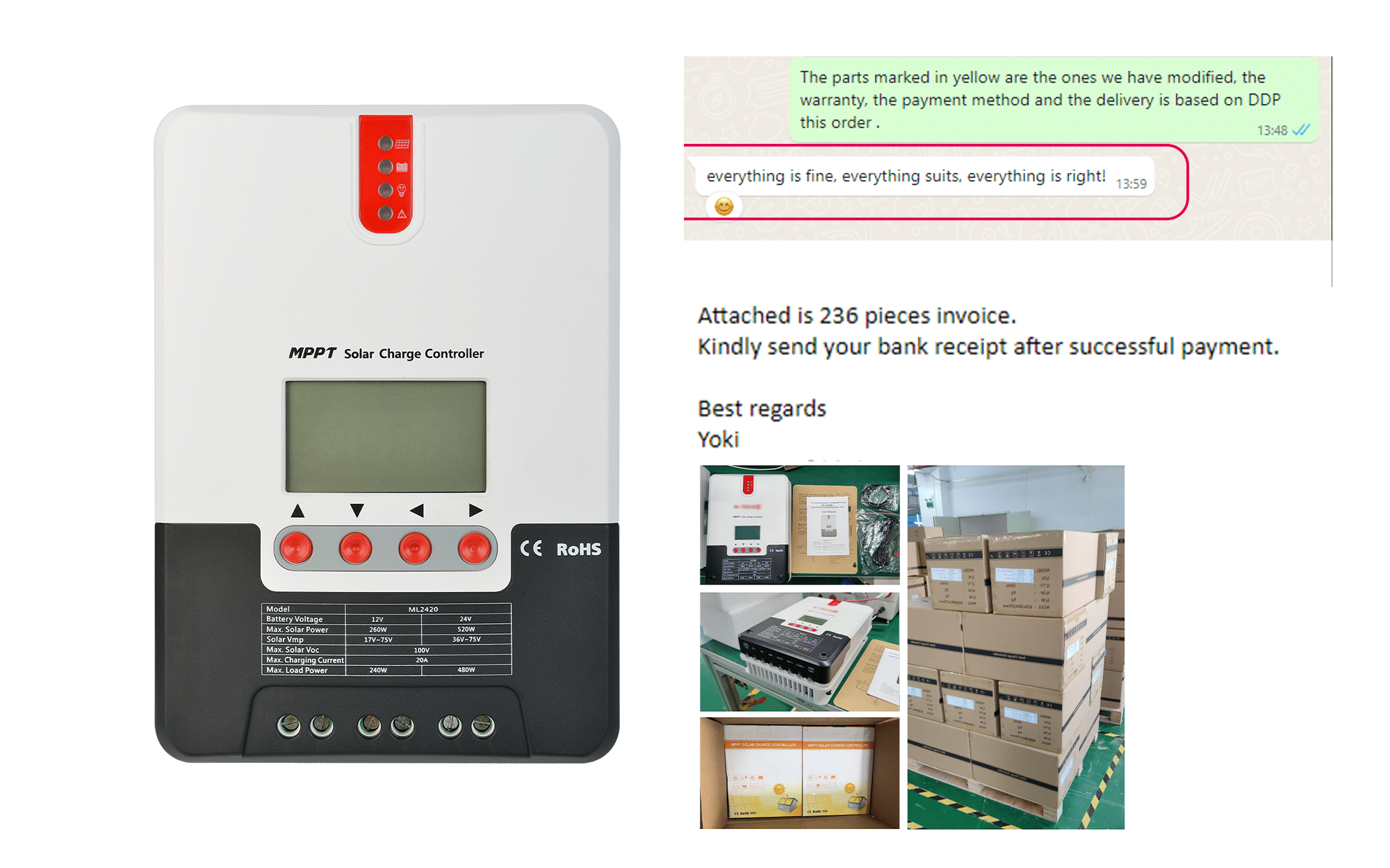
This is a Russian customer who has a project that requires an MPPT controller.Subsequently, after
Ready to Learn More About Solar?
Submit an Inquiry and Get a Full Industry Report
Let’s chat!
sales@dodelectric.com
